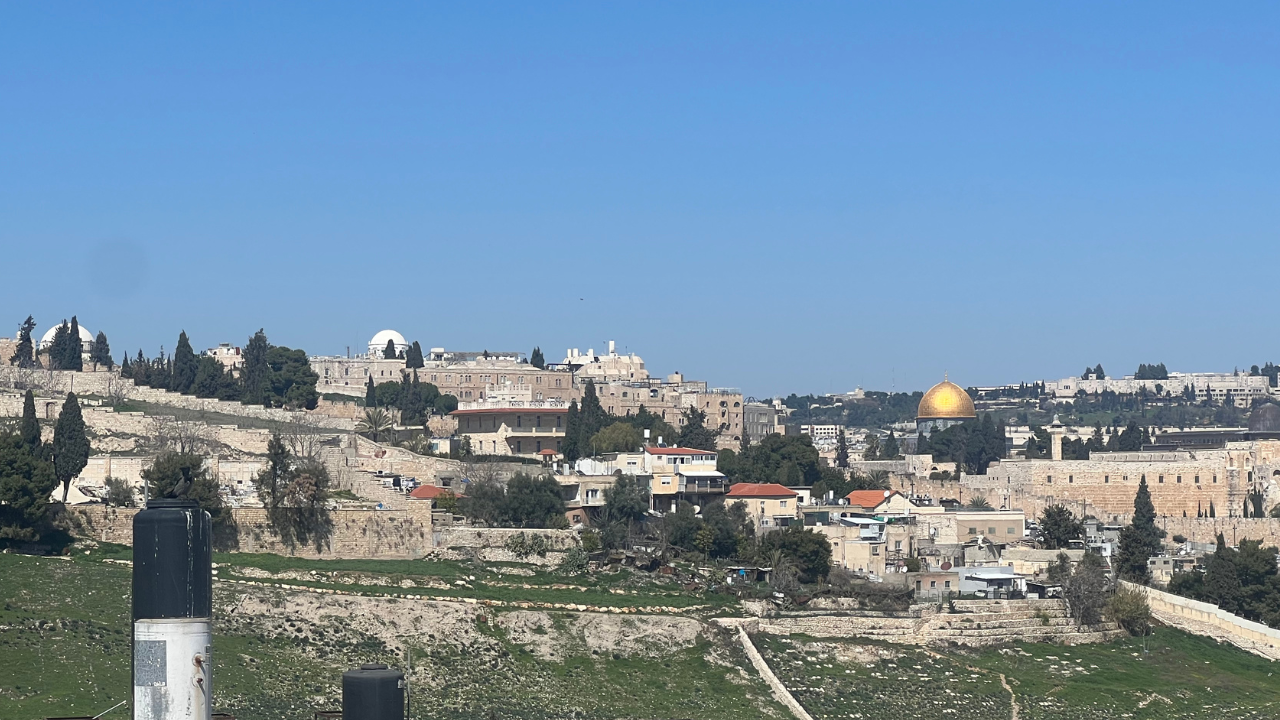Much to Martin’s Chagrin
Martin Luther, the architect of the Protestant Reformation, was also a fervent anti-Semite. Earlier in his life, he seemed to entertain sympathy for Jews in Europe and advocated for light handed tactics. But by the end of his clerical career, he had become a vile and vicious anti-Semite. His growing hatred of Jews culminated in his infamous treatise, On the Jews and Their Lies, where he vilifies the Jewish people and openly calls for the destruction of Judaism.
He outlines a tactic for silencing Jews in theological debate. Without using scripture or reason, he recommends raw historical mockery. He writes:
“…A Christian should be content and not argue with the Jews. But if you have to or want to talk with them, do not say any more than this: “Listen Jew, are you aware that Jerusalem and your sovereignty, together with your temple and priesthood, have been destroyed for over 1,450 years?… Vespasian and Titus destroyed Jerusalem and expelled the Jews from the city. Let the Jews bite on this nut and dispute this question as long as they wish.”
Born into the comfortable reality of a sovereign and thriving Jewish state, most modern Jews cannot even fathom the weight of this long-standing Christian indictment. The crusades, blood libels, and pogroms were not just tools of violence, but vicious theological attacks meant to break our spirit as well. Luther puts it plainly:
“For such ruthless wrath of God is sufficient evidence that they assuredly have erred and gone astray…this work of wrath is proof that the Jews, surely rejected by God, are no longer his people, and neither is he any longer their God.”
And yet, despite this clear “proof”, our holy ancestors tenaciously clung to their faith, believing with every fiber of their being that HaKadosh Baruch Hu will never abandon us. They understood that even amid the harshest rebuke, the covenant endures. As this week’s parsha, Bechukotai, proclaims: “But despite all this, while they are in the land of their enemies, I will not despise them nor will I reject them to annihilate them, thereby breaking My covenant that is with them, for I am the Lord their God (Vayikra 26:44).”
In the Haftorah for Parshat Behar (not read this year when coinciding with Bechukotai), the navi is languishing in prison, with the imminent destruction of Jerusalem fast approaching. His cousin offers him the opportunity to redeem a field, and Hashem instructs Yirmiyahu to purchase the land and preserve the bill of sale in an earthenware vessel. Why? For “houses, fields, and vineyards will yet be bought in this land.”
Yirmiyahu obeys without hesitation, his faith in HaKadosh Baruch Hu unshakeable. Yet even he struggles to grasp the logic of such a ludicrous divine command. Here he is, rotting away in prison with the ultimate doom of Jerusalem looming overhead. The total exile of the Jewish people from Eretz Yisrael is about to begin. And yet Hashem commands him to invest?
Hashem’s response captures the essence of Jewish faith, “Behold! I am Hashem, the God of all flesh; can anything be hidden from Me?” I see what mortals cannot. My ways are beyond fathoming. What seems impossible, the victorious return of the Jewish people to Jerusalem, is clearly revealed before Me.
In 1956, Rav Solovetichik zt’l described the founding of the State of Israel as a “knock of the Beloved.” The Church insisted that Jews would never return to Eretz Yisrael. And yet absurdly, after the inferno of the Shoah, a thriving Jewish state rose from the ashes. The faith of Yirmiyahu and our righteous ancestors through all the abuse and torture was soundly vindicated.
And in 1967, we returned to Jerusalem.
Every Yom Yerushalayim, we taste the divine irony. Thousands of years of Church doctrine has been shattered. Hashem’s loving embrace is clear as day.
Indeed, Martin, I’m biting that nut. And it’s sweet with vindication…



